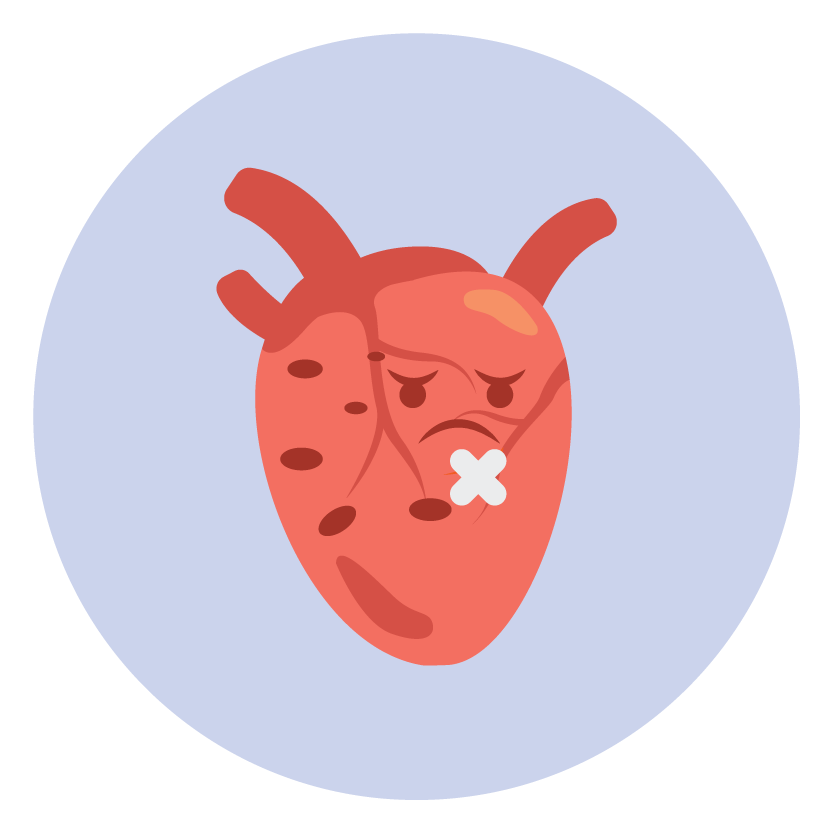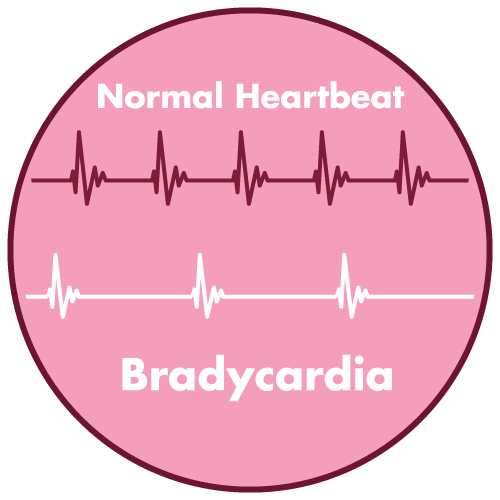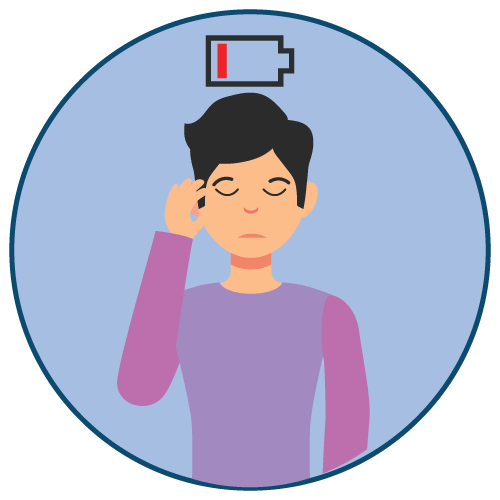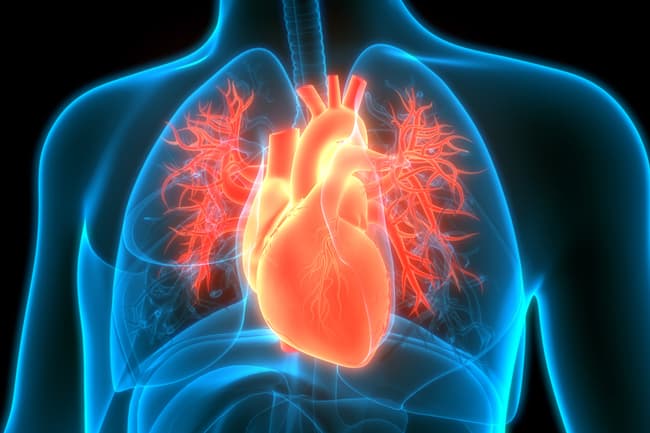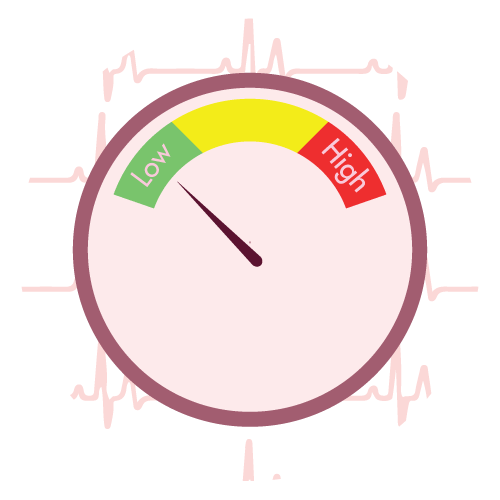| Name | Atenolol |
| Classes |
Cardiovascular Agent Antihypertensive Beta-Adrenoceptor Blocker |
| Diseases |
Angina Cardiovascular Disease Hypertension (High Blood Pressure) Myocardial Infarction |
Atenolol
Atenolol belongs to a group of medicines called beta blockers. It's a beta 1 selective (cardio-selective) -adrenergic receptor antagonist that doesn't have any membrane stability or partial agonist action.
Atenolol is indicated for-
- Hypertension
- Myocardial infarction
- Angina
- Arrythmia
Atenolol is available as oral tablets and IV injection/infusion.
Hypertension: The majority of patients respond well to a single oral dose of 100 mg per day. However, some patients will benefit from a single daily dose of 50 mg. After one to two weeks, the effect will be fully established.
Angina: Most patients with angina pectoris will benefit from taking 100 mg once a day or 50 mg twice a day. Increasing the dose is unlikely to provide any extra benefit.
Arrythmias: 2.5 mg (5 ml) of Atenolol given intravenously over a 2.5 minute period (i.e. 1 mg/minute) is a good starting dose. Up to a maximum dosage of 10 mg, this can be repeated at 5-minute intervals until a reaction is apparent. If Atenolol is delivered through infusion, 0.15 mg/kg bodyweight may be given during a 20-minute interval. The injection or infusion can be repeated every 12 hours if necessary. After the arrhythmias have been managed with intravenous atenolol, an oral maintenance dose of 50 mg to 100 mg daily, given as a single dose, is recommended.
Myocardial infarction: Patients who are eligible for intravenous beta-blockade and who present within 12 hours of the onset of chest pain should receive Atenolol 5–10 mg by slow intravenous injection (1 mg/minute), followed by Atenolol 50 mg orally 15 minutes later, assuming no untoward effects from the intravenous dose. This should be followed by a second oral dose of 50 mg 12 hours following the intravenous dose, and then a daily dose of 100 mg 12 hours later. Atenolol should be stopped if bradycardia and/or hypotension require treatment, or if any other side effects arise.
Commonly associated side effects of atenolol include-
- Bradycardia
- Cold extremities
- Gastrointestinal disturbances (nausea, diarrhea)
- Fatigue/ asthenia
- Dizziness
- Atenolol should not be withdrawn abruptly.
- Due to unopposed alpha-receptor mediated coronary artery vasoconstriction, it may increase the number and duration of angina attacks in patients with Prinzmetal's angina.
- If given to individuals with first-degree heart block, caution should be maintained due to its unfavorable effect on conduction time.
- May obscure hypoglycemic symptoms, particularly tachycardia.
- It's possible that it'll disguise the symptoms of thyrotoxicosis.
- As a result of its pharmacological activity, it will lower heart rate. When a patient is being treated for a condition that could be caused by a sluggish heart rate and their pulse rate drops to less than 50–55 beats per minute at rest, the dose should be lowered.
Contraindication
Contraindicated in patients who are hypersensitive to nebivolol or other beta blockers, such as-
Atenolol is contraindicated in the following health conditions-
- cardiogenic shock
- uncontrolled heart failure
- sick sinus syndrome (including sino-atrial block)
- second-or third-degree heart block
- untreated phaeochromocytoma
- metabolic acidosis
- bradycardia (< 45 bpm)
- hypotension
- severe peripheral arterial circulatory disturbances
 Bangla
Bangla English
English

